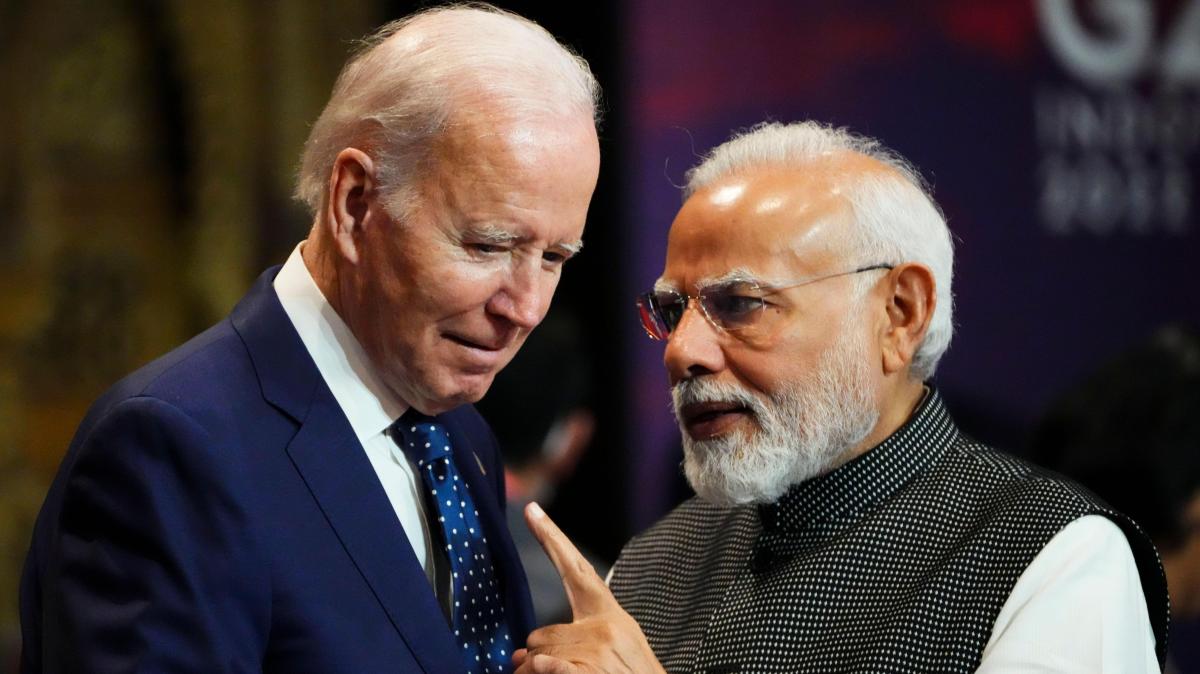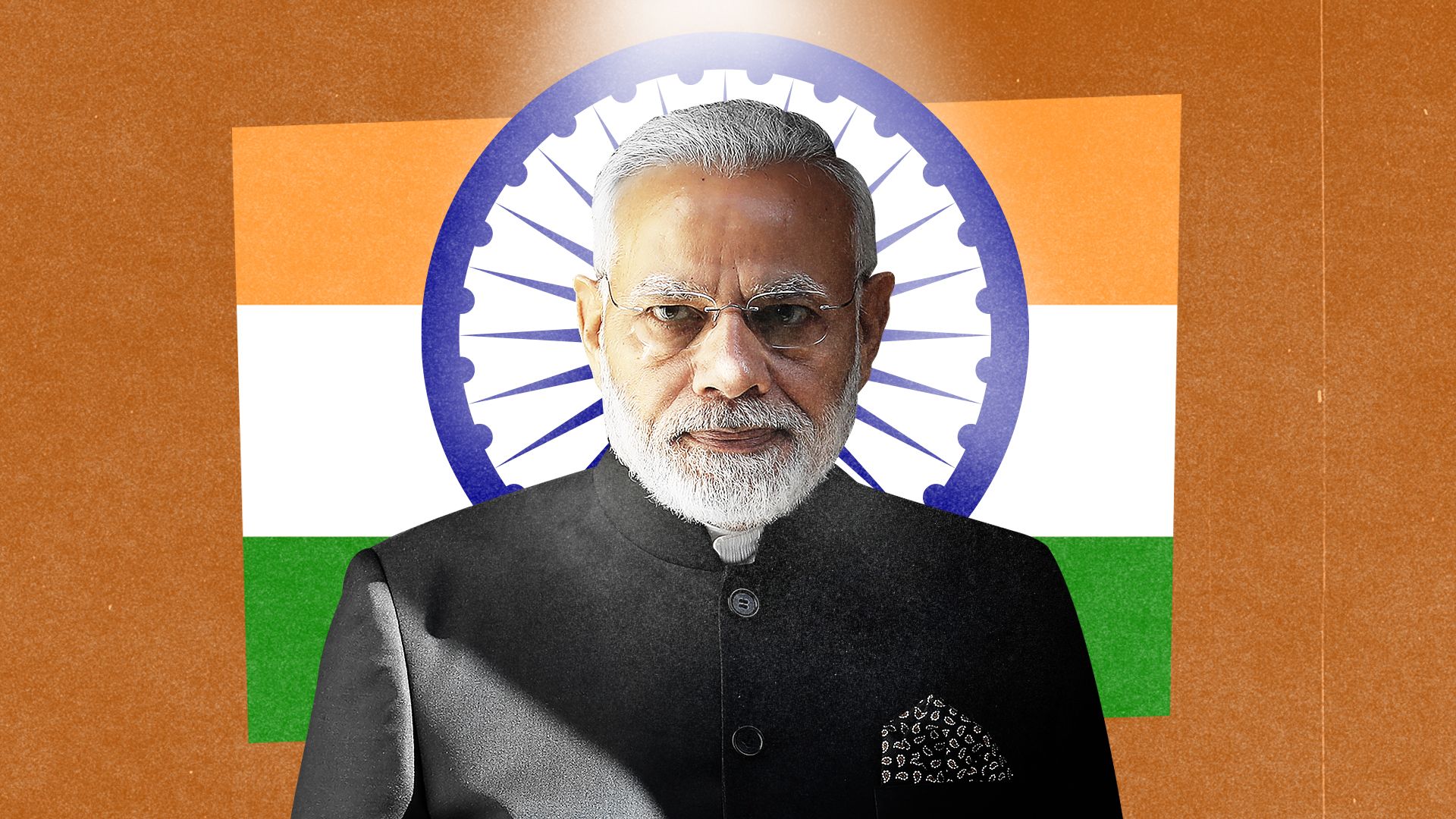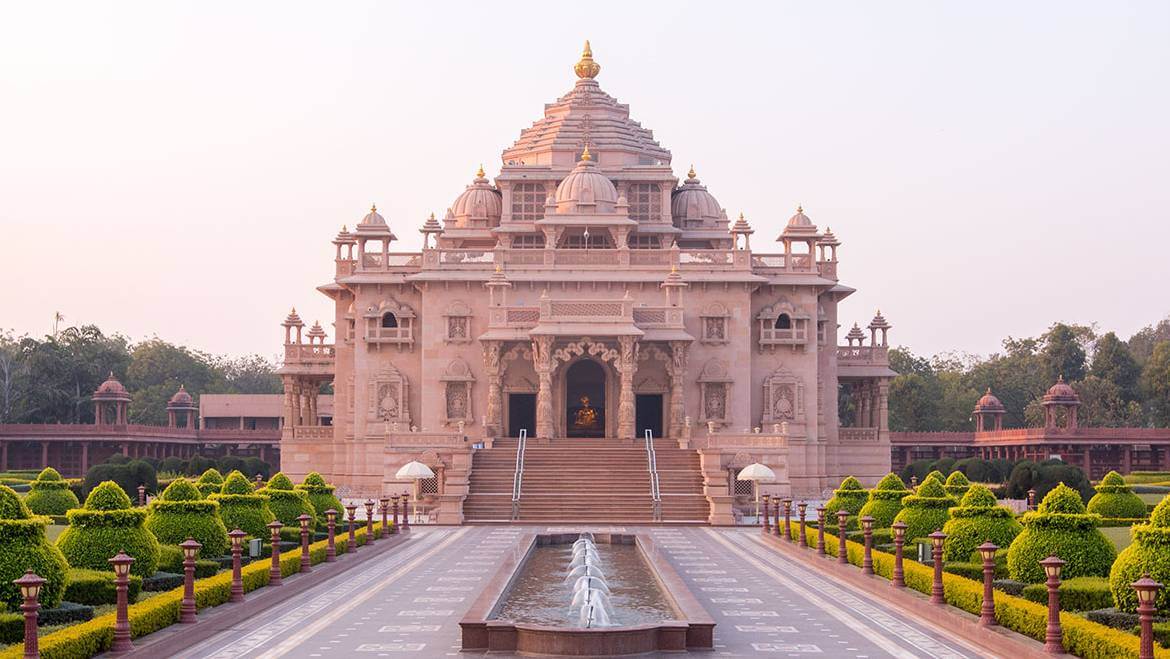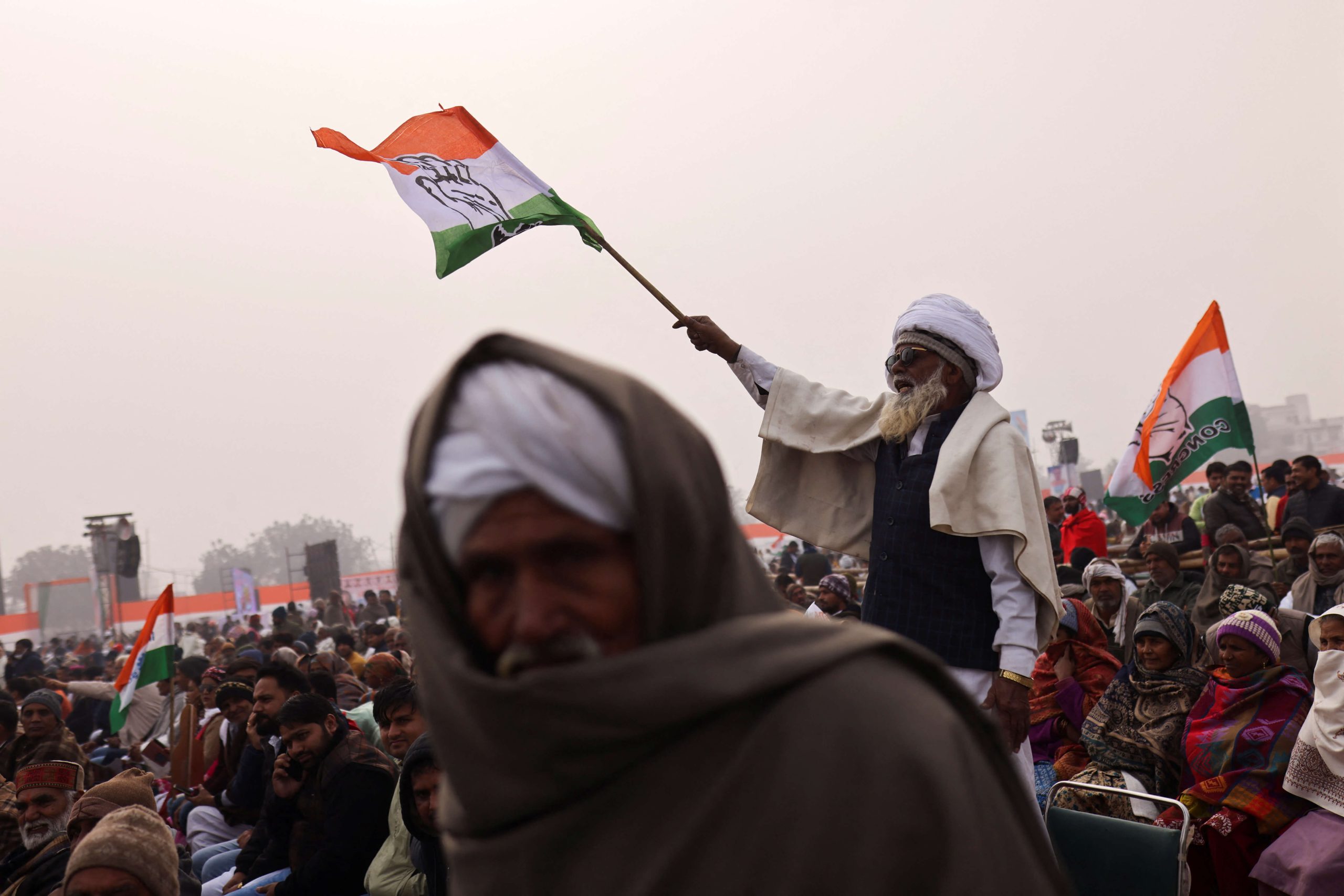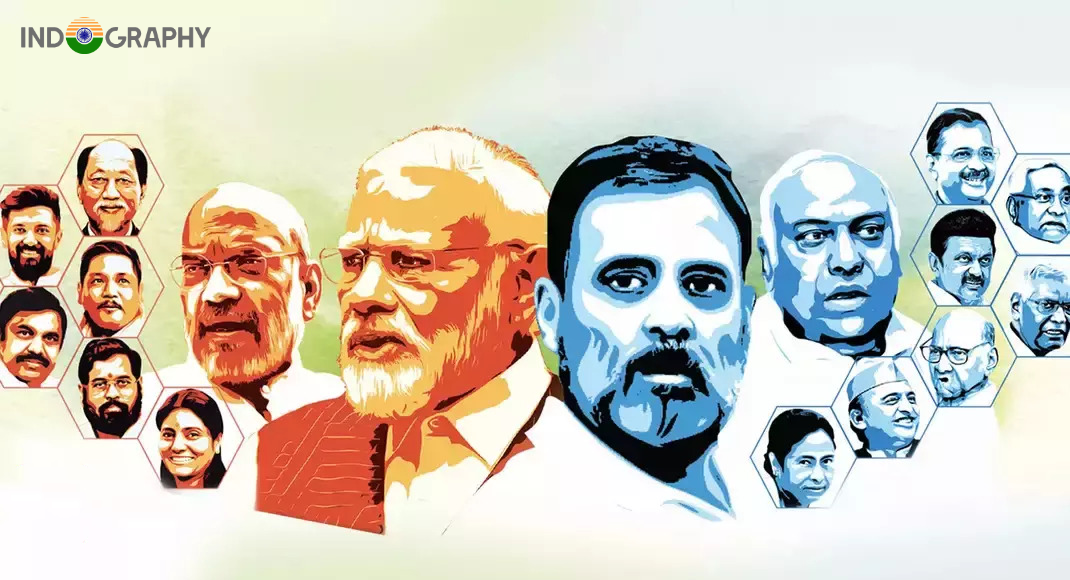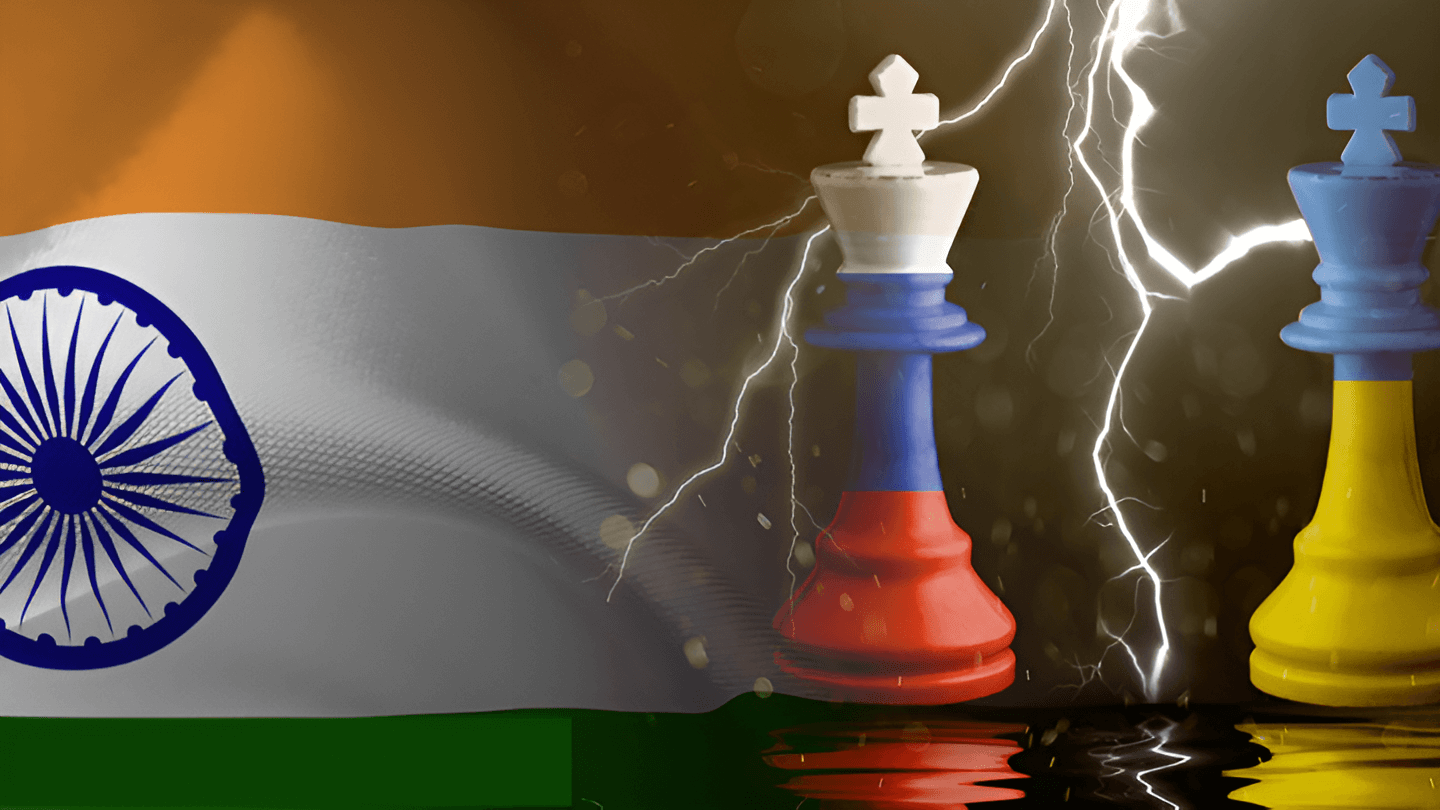The purported conspiracy to kill a terrorist with US ties has not only caused shockwaves in recent weeks, but it has also turned into a pivot point for a wider breakdown in one of the most important bilateral partnerships in modern geopolitics. A closer look is necessary at the complex dynamics of India-US ties, which are now deeply entwined with accusations, political posturing, and strategic considerations.
Carefully planned and timed hit pieces have been used by American pro-Democrat media groups to capitalise on the widening divide. Conversely, the opinion of the United States among Indians has once again changed to one of hypocrisy, deceit, and overt hostility; this perspective has become more prevalent in popular discourse.
There seems to be a deliberate implosion of India-US ties that the Biden administration is directing as Congressional Democrats become involved in the election season. This calculated action appears to be an attempt to recast the impression of friendship between President Biden and Prime Minister Modi, particularly as left-wing Democrats try to realign this relationship with their worldview.
A hint of this tendency can be seen in President Biden’s recent decision to turn down India’s offer to be the primary guest on Republic Day. After weeks of promoting the invitation, the rejection that came almost immediately has left India in a difficult situation. It seems more like a planned, possibly calculated, slight than a diplomatic error that the President was unavailable six weeks prior to the occasion.
This politically provocative move is intended to coincide with the US election year in 2024, the year of India’s pivotal parliamentary election. Prime Minister Narendra Modi, a political force on the right, appears ready for a third term, while President Biden, a well-known supporter of the global left, is unlikely to win the Democratic nomination. The fact that former President Donald Trump leads Biden in crucial swing states in terms of approval ratings just serves to increase the complexity. Hunter Biden’s high-profile trial and whispers of apparent senility only serve to exacerbate the situation.
Biden faces covert resistance from radical groups in the Democratic Party, which could affect the administration’s policy towards India. Relations have been further strained by the recent US Senate Foreign Relations Committee hearing on “transnational repression,” which included India alongside old rivals China, Russia, and Iran. Reports of FBI security briefings for those engaged cast doubt on the political repression of Sikhs behind the supposed targeting of Khalistani terrorists on Western soil.
The outcry from Democratic senators, who called the claims “disturbing” and proposed possible restrictions on military sales to India, poses a threat to the defence alliance. This staged uproar raises doubts about the veracity of the story since it seems like forced staging by those with historical ties to Pakistan. The US Commission on International Religious Freedom (USCIRF) steps in, claiming that Sikhs, a religious minority, are the target of the purported murderous scheme and voicing alarm over India’s cross-border persecution of religious minorities.
The executive branch’s accomplishments are overshadowed by congressional politics, with the Biden administration appearing to step aside to let the drama play out. The US and India are at odds over the recent warming of relations with China and the US’s reception of Pakistani Army Chief Asim Munir, which suggests possible changes in US foreign policy.
The fabricated controversy over the purported murderous scheme serves the interests of China and Pakistan, who are both vying for concessions from India. Further complicating matters is the ongoing US attack on Sheikh Hasina, the moderate leader of Bangladesh. The US has been using sanctions to promote Hasina’s Islamist opponents while allowing the military to maintain its hegemony in Pakistani politics.
These events, along with the fallout from the Afghanistan crisis and interventionist tactics in Myanmar, are undermining India’s security calculations and posing a threat to its borders as well as to the stability of its immediate neighbourhood. Some of the contrasts between the US and India are profoundly embedded in US policies towards India and its interests, even though they may fluctuate between good and bad times. The US needs to reconsider its politically antagonistic inclinations and respect India’s democracy, sovereignty, and security concerns as a presumed mature partner.
In a parallel reality, the supposed conspiracy takes a legal turn when the US Justice Department charges an Indian national with organising the death of a Sikh separatist leader within US territory. Despite the gravity of the accusations, the Biden administration continues to hold high-level meetings with India, indicating that it still has faith in the partnership’s tenacity.
With strong bipartisan backing and diverse collaboration in the economic, defence, and security spheres, the India-US partnership has grown exponentially since the early 2000s. This is what makes the relationship so strong. The alliance has persevered despite sporadic setbacks like the detention of an Indian consular official and the delayed US response to India’s COVID increase.
As far as Washington is concerned, the partnership’s strategic justification is still indisputable. With its strategic location, expanding economy, strong military, and competition with China, India is a vital partner in the long-term goal of opposing China. India’s strategic importance is highlighted by its ability to oppose China non-militarily and its role as a net security provider in the Indo-Pacific, even in spite of disagreements in the alliance structure.
Historically, Washington has embraced authoritarian or undemocratic regimes for geopolitical purposes, rarely allowing moral or ethical considerations to influence its choice of allies. India’s claims of arbitrary killings on US soil are unprecedented, but the alliance is strong because of India’s strategic importance to the US. The way the Biden administration has handled the alleged conspiracy suggests a practical mindset that puts the strategic value of cooperation above short-term worries.
Nonetheless, New Delhi’s appraisal is more grounded in reality, as seen by India’s reaction to the US indictment. The power balance is skewed significantly in Washington’s favour because of the stark differences in their perceptions of China’s danger and development levels. The importance of India’s relations with the US for meeting its security needs emphasises the power dynamics, even in defence cooperation, where India is seen to have influence because it is the largest arms importer in the world.
India’s changing views on secularism, parliamentary democracy, and the rule of law may separate it from the US and more closely resemble a Chinese world system. Even though New Delhi may brag about its defiance, a realistic analysis recognises that if relations deteriorate, India stands to lose more than the US.
Nailing the relationship’s intricacies requires confronting the difficult issues of political stability, the rule of law, and democratic ideals. Having open and sincere conversations about these matters is crucial to building a stronger and more authentic partnership. India and the US should move forward based on their common democratic values while they face difficulties and divergences.
In summary, the present tensions in US-Indian relations mark a crucial turning point that necessitates careful diplomatic involvement and sophisticated analysis. While the claimed murder plot and its political repercussions are the centre of attention right now, figuring out a course ahead requires a deeper comprehension of the strategic environment and common values. A robust and long-lasting collaboration between the two countries depends on them finding common ground based on democratic ideals and mutual respect as they wrestle with their own difficulties and goals.
